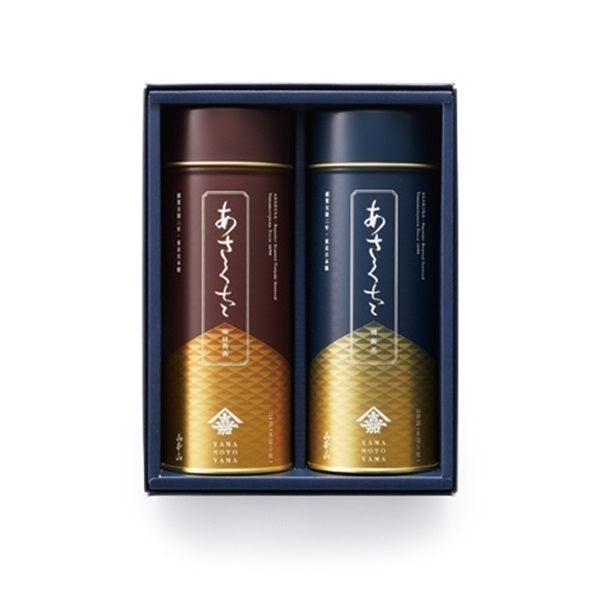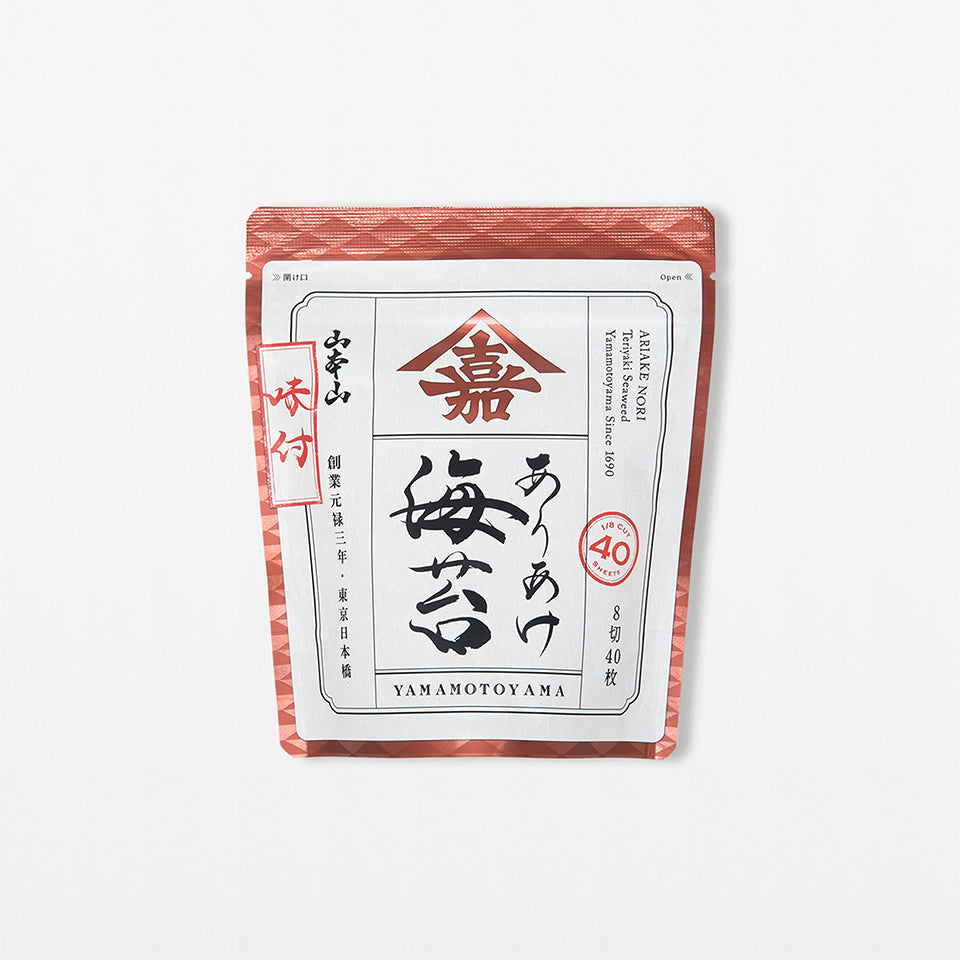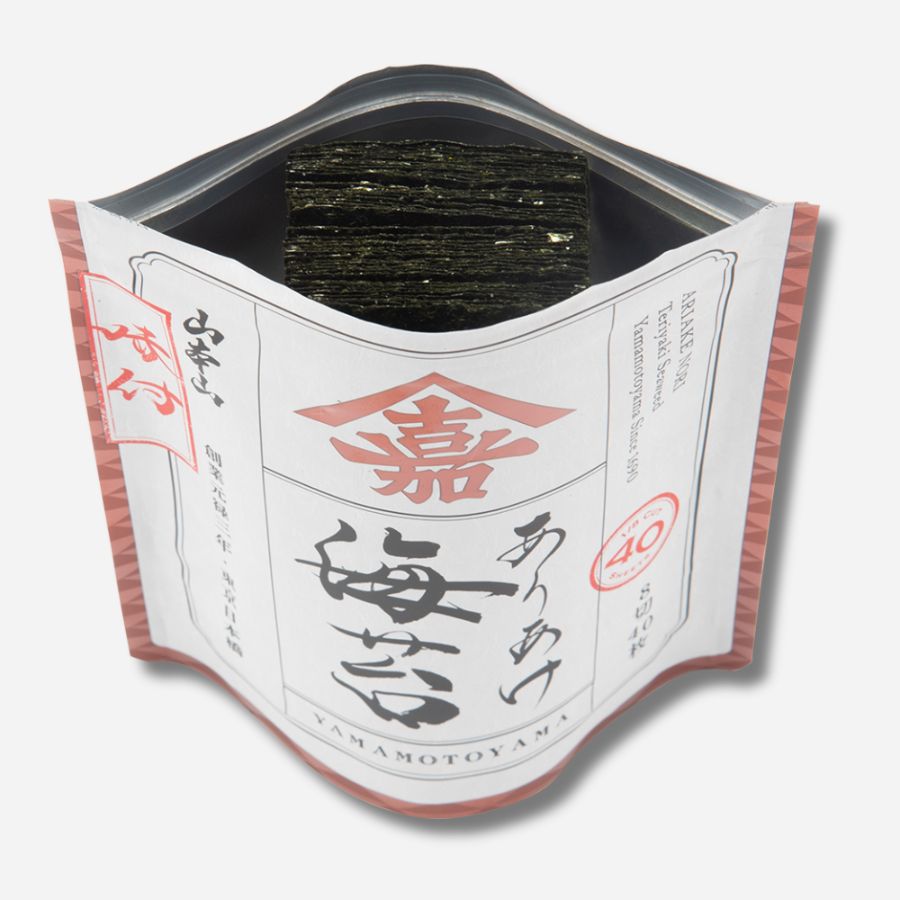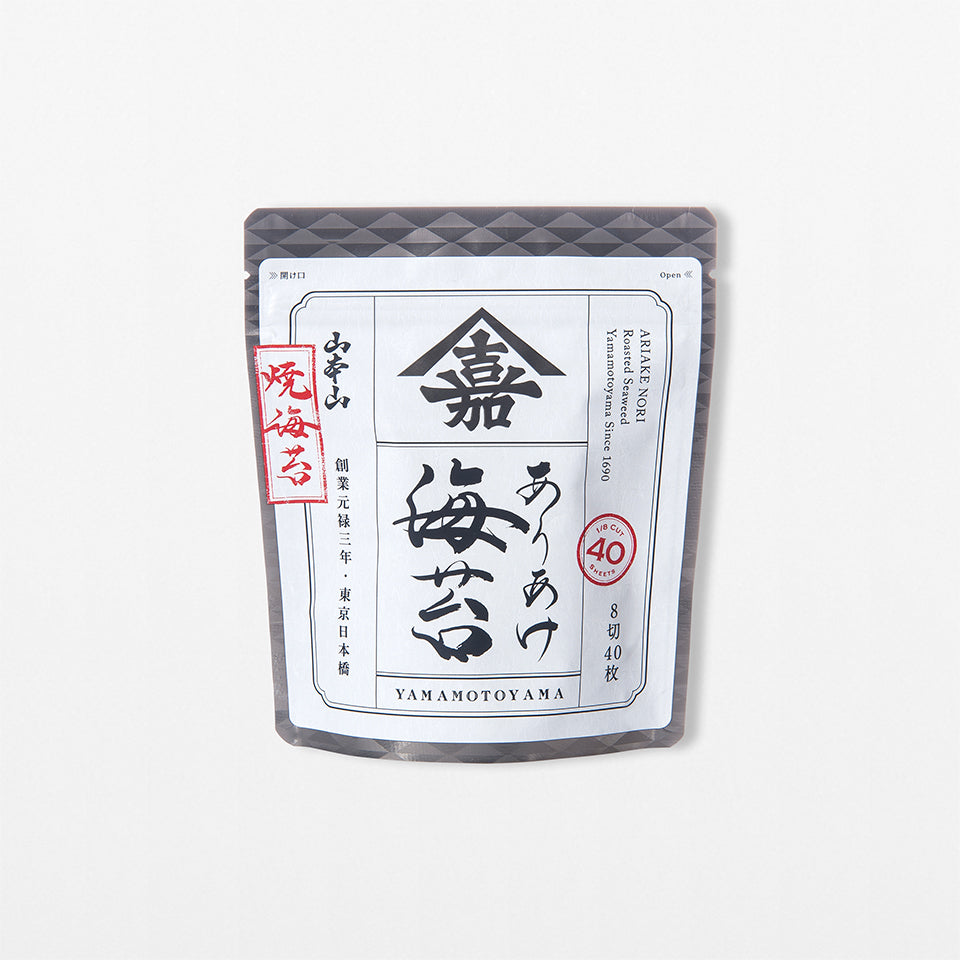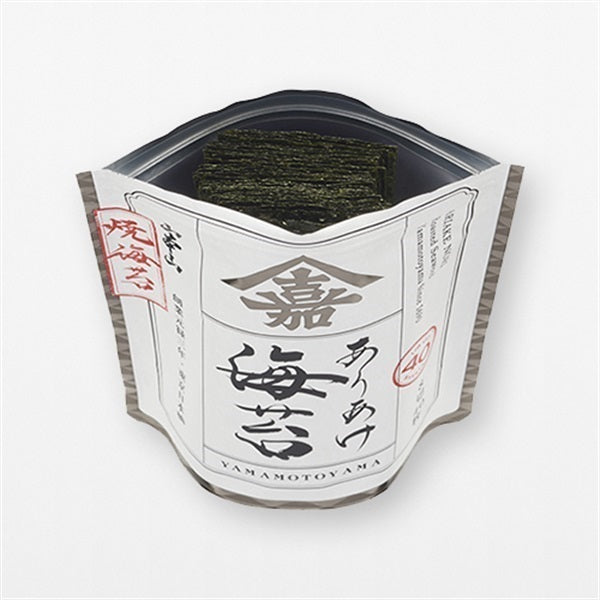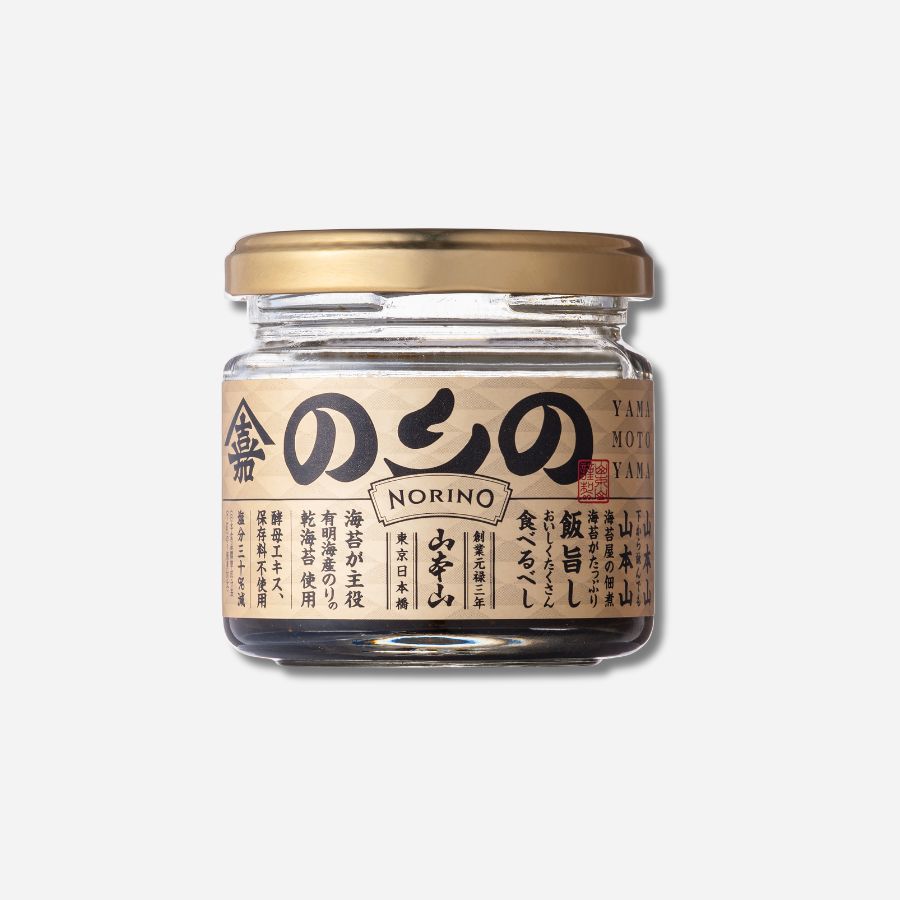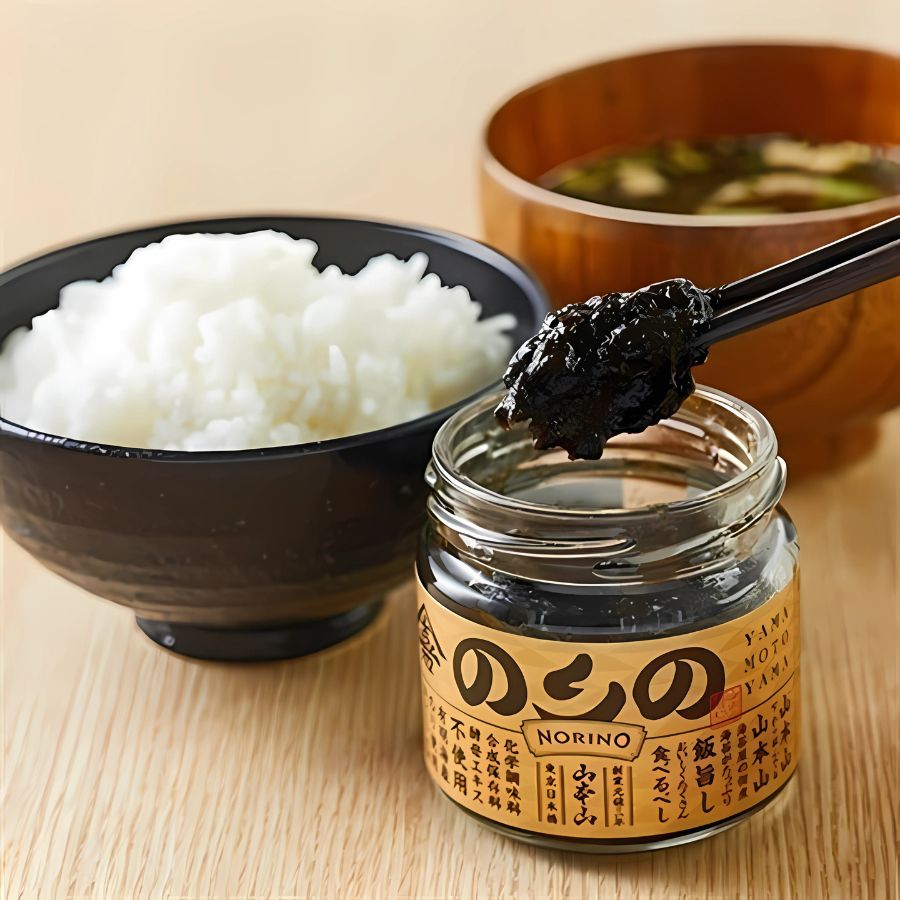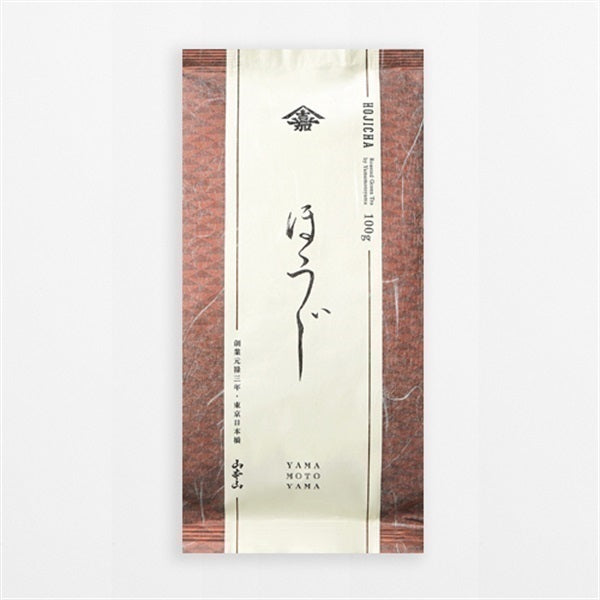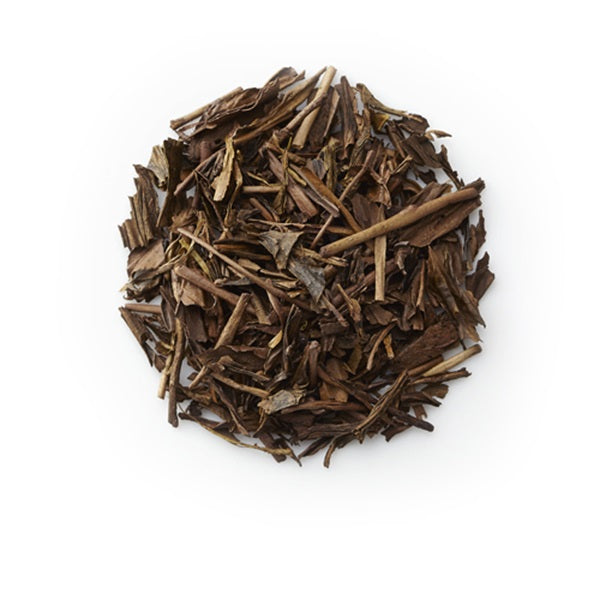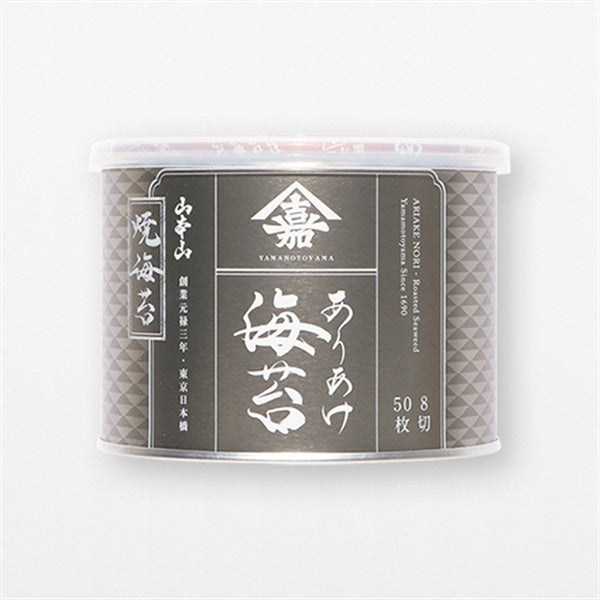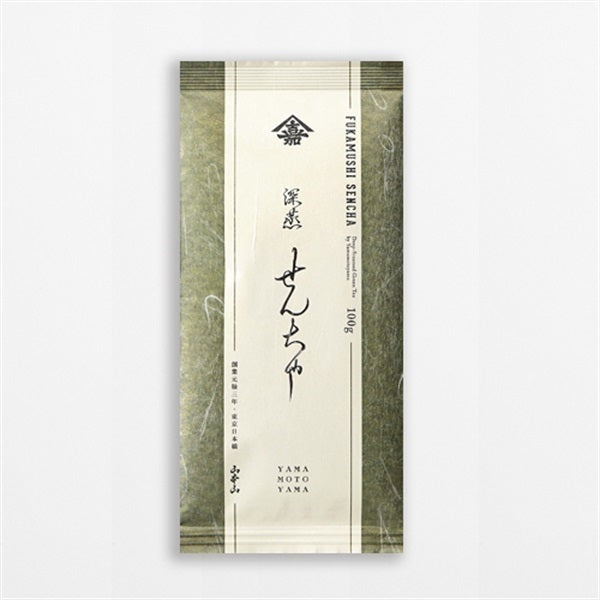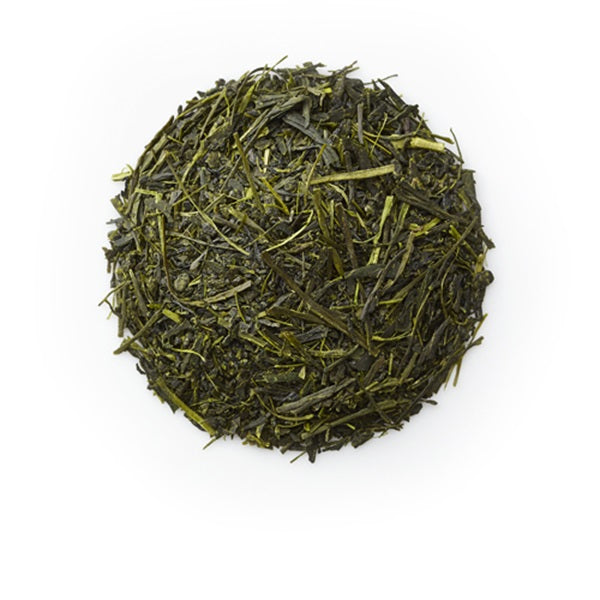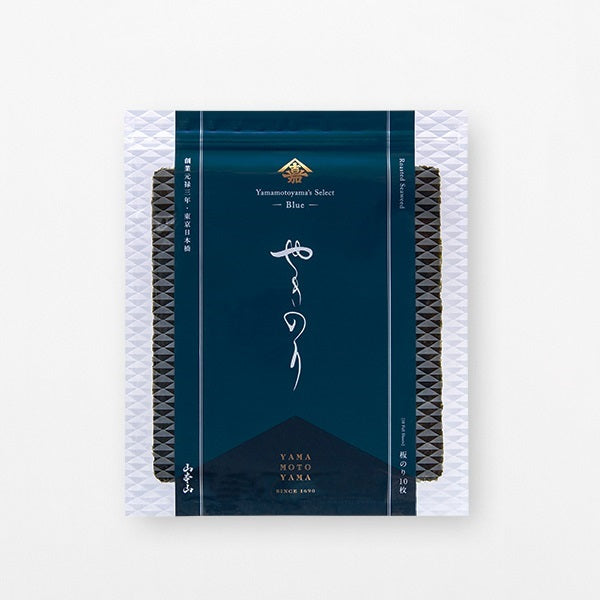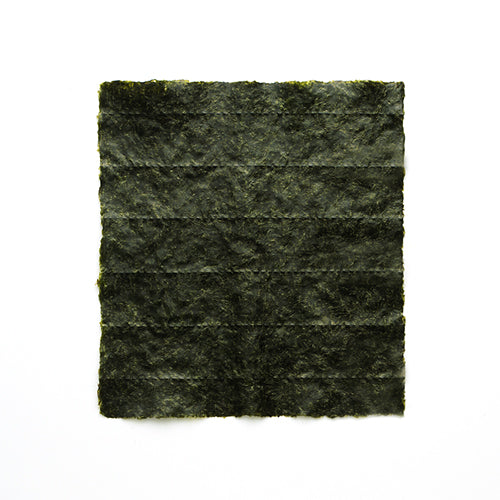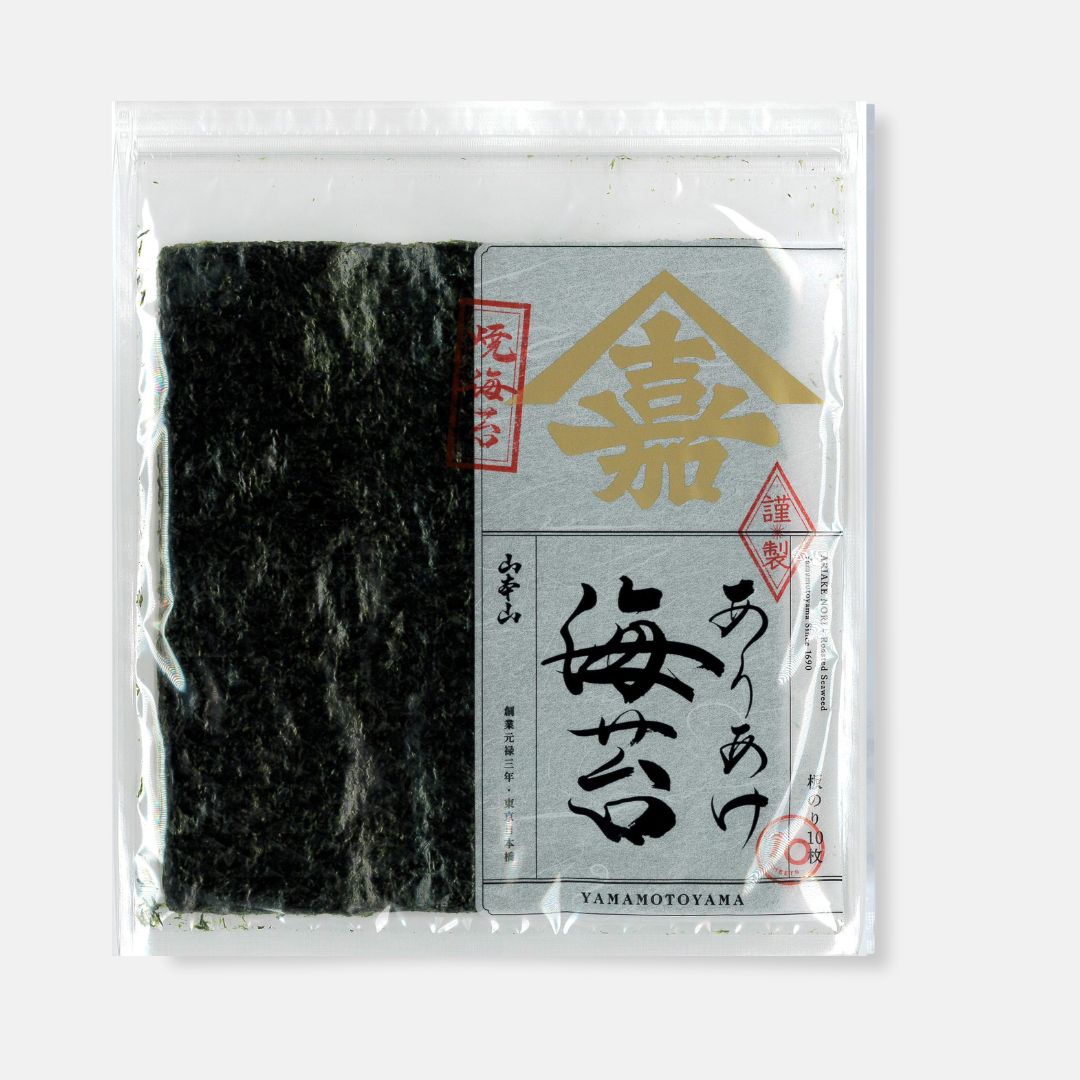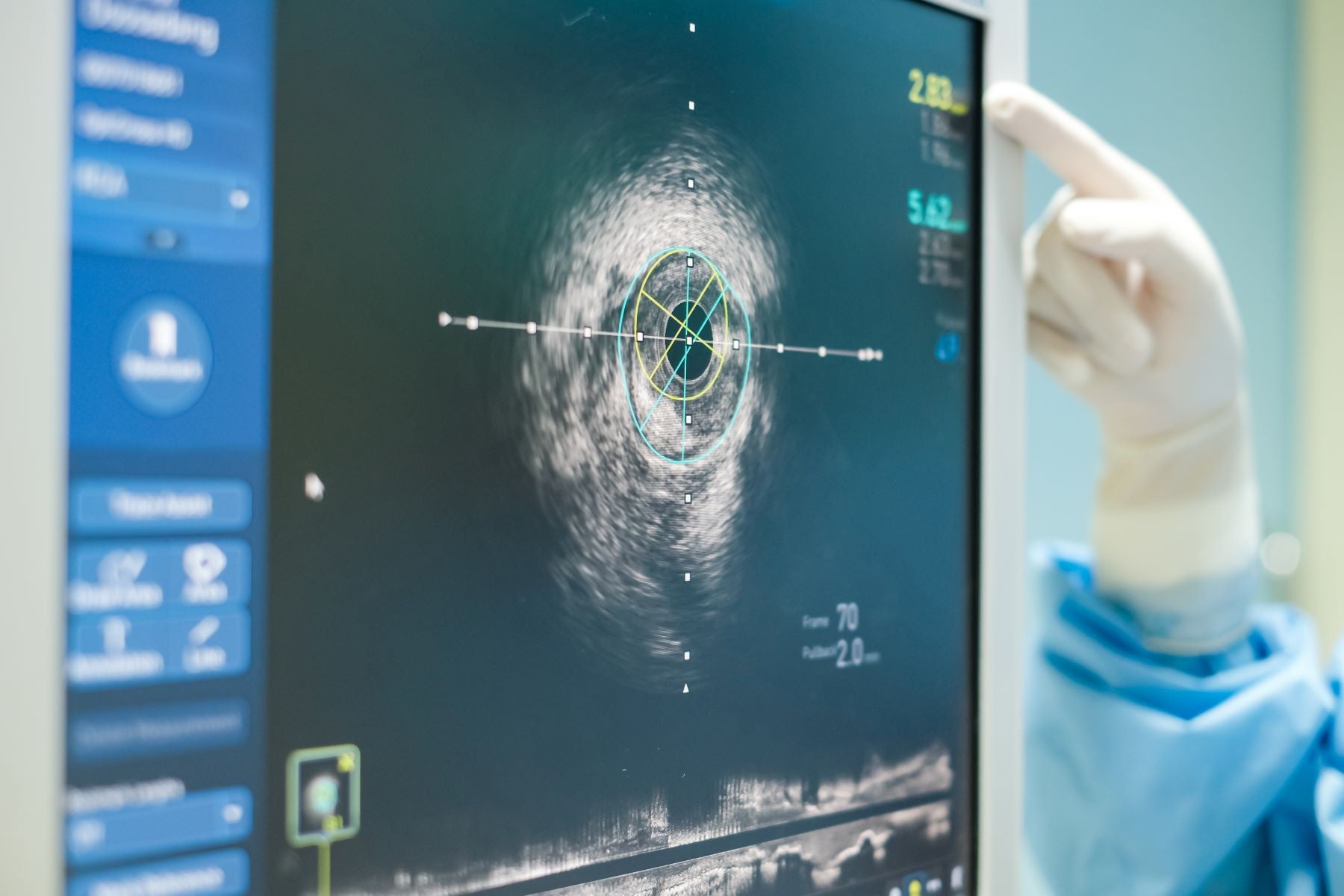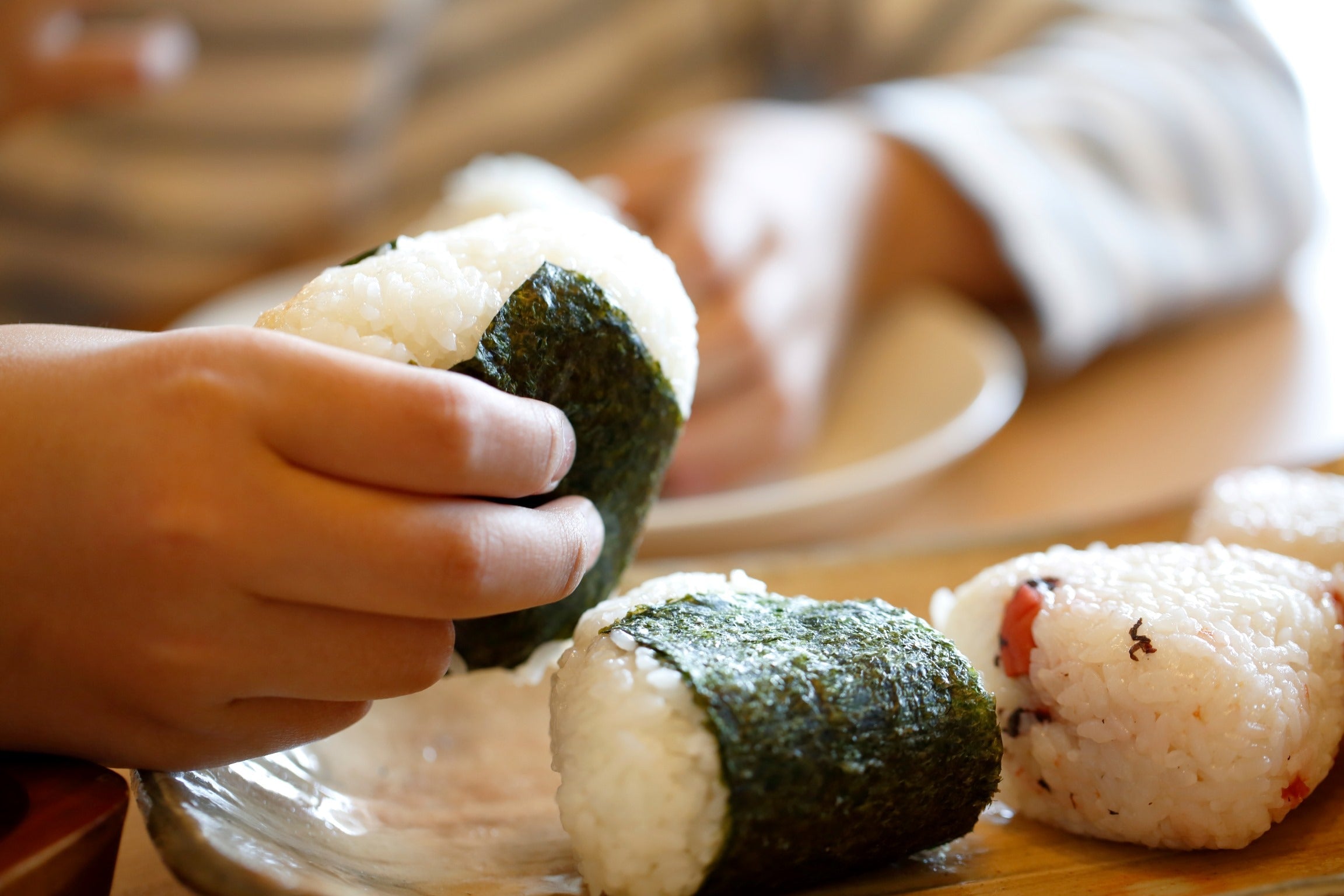
The logical relationship between seaweed and rice
Seaweed's effect in promoting carbohydrate decomposition
The main component of rice is carbohydrates, or sugar, and the vitamin B1 contained in seaweed plays an important role in breaking down carbohydrates (sugar) and converting them into energy.
If you are deficient in vitamin B1, it becomes difficult to convert carbohydrates into energy. As a result, you may experience symptoms such as fatigue and lethargy even after eating, or a decrease in concentration. 
Eating seaweed and rice together allows carbohydrates to be broken down more quickly and become energy (the source of power that powers the brain and body) than just eating rice. You will feel your fatigue and lethargy go away soon after eating, and you will feel more energized.
Considering this, it makes perfect sense to include rice balls wrapped in seaweed in a sports day lunch, as this will help participants recover from fatigue more quickly. 
Also helps suppress blood sugar levels
Research has shown that seaweed has the effect of suppressing the rise in blood sugar levels. This is due to the following two components.
1. Fiber
Seaweed is rich in both soluble and insoluble dietary fiber.
Soluble dietary fiber: Dissolves in water and becomes a sticky gel-like substance, slowing down the rate at which carbohydrates are absorbed and slowing down the rise in blood sugar levels after a meal.
Insoluble dietary fiber: It moves slowly through the intestines without dissolving in water, improving the intestinal environment and increasing the number of good bacteria, thereby suppressing the absorption of carbohydrates.
2. Isofloridoside
Isofloridoside is a unique sweetener found in seaweed. It tastes as sweet as sugar, but is not absorbed by the body and does not raise blood sugar levels.
Additionally, research has shown that isofloridoside binds to receptors on the surface of the digestive tract and promotes the secretion of insulin, a hormone that lowers blood sugar levels.
In this way, the dietary fiber and sweetener "isoflouridoside" contained in seaweed have the effect of slowing down the rise in blood sugar levels. Eating seaweed together with rice, which is high in carbohydrates (sugar), can prevent a sudden rise in blood sugar levels, which also helps prevent various lifestyle-related diseases such as obesity.

Finally
How was it?
The combination of onigiri and seaweed, or rice and seaweed, has long been a familiar and common sight, but it is actually a lifestyle habit filled with the wisdom of our ancestors, developed from their experiences.
Why not try incorporating seaweed into your daily meals as a part of your daily health habits?

